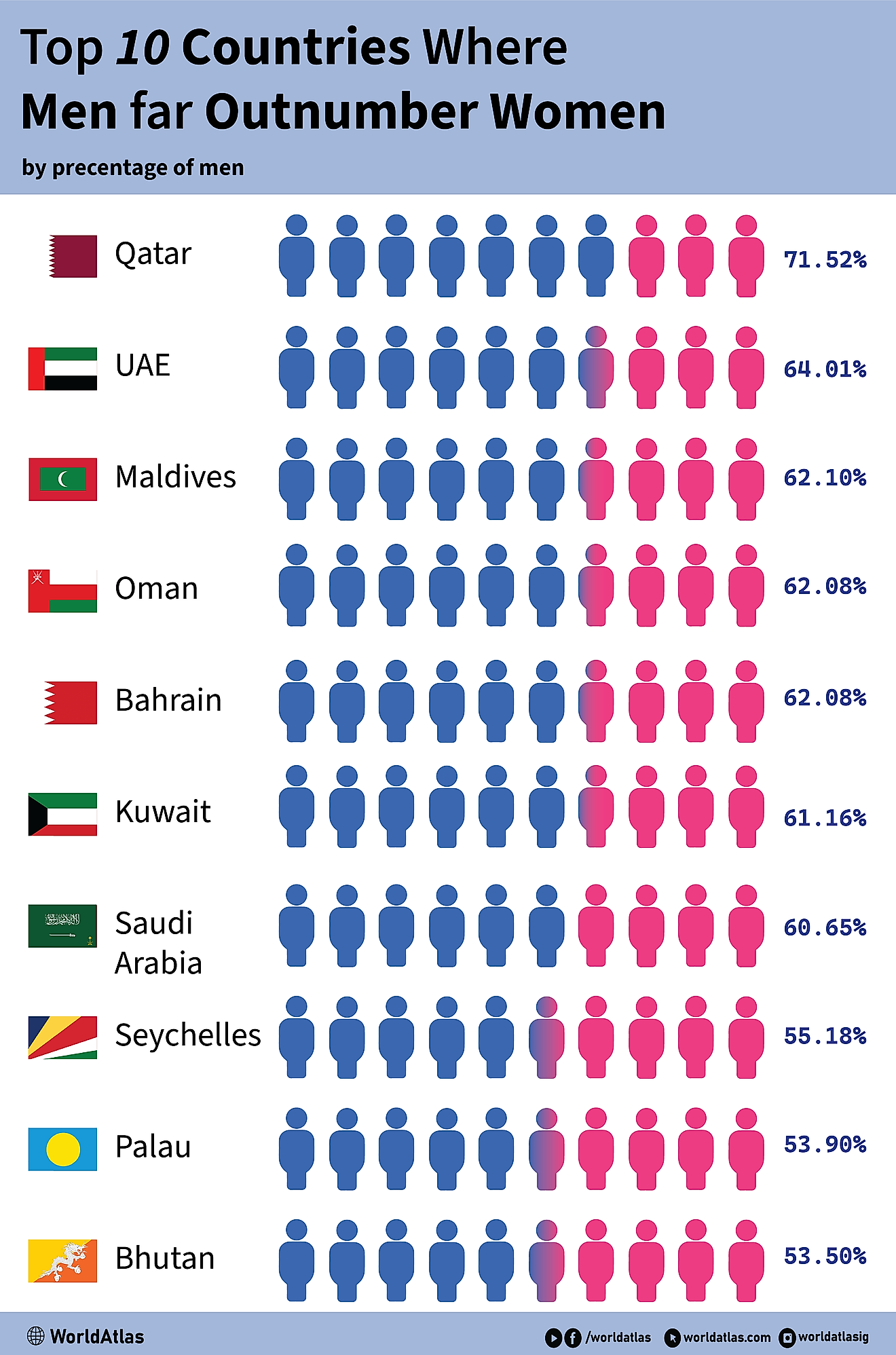What is Cornucopianism?

Cornucopia has its origin from Latin cornu copiae which means the “horn of plenty” and it was a big horn-shaped vessel and represented plenty of different types of produce. In trying to explain the origin of cornucopia, there exists several ancient Latin and Greek myths with different approaches but the same focus point, unending. From this background, a cornucopian refers to a person who believes that, with advancement in science and technology, growth and development will continue forever because such advancements will lead to the creation of new resources in addition to the natural and human resources. Cornucopianism, therefore, refers to the school of thought that believes in this described unending abundance of supply.
Greek Mythology Origin
Several Greek and Roman myths exist to explain cornucopia, all of which revolve around harvest, abundance, wealth, spiritual nourishment, or prosperity.
Zeus (Roman Equivalent of Jupiter)
One of the widely known mythologies explaining the beginning of Cornucopianism relates to the mythical sky and thunder god, Zeus. According to the myth, Zeus’s father Cronus believed his son would one day take over his throne. Because of this belief, he killed all his children at birth. However, during the birth of Zeus, his mother, Rhea, hid him in a mountain cave. Fearing for her baby’s life, Rhea did not stay with him but left him under the care of a divine goat called Amalthea who fed Zeus with milk nourished from a horn that had an unending supply of honey, fruits, and grain. One day, Zeus, with unusual abilities, accidentally broke one of the horns. The myth does not reveal much of what happened after but later on, Zeus sacrificed Amalthea, killed Cronus, and freed all his siblings from his father’s belly.
Heracles (Roman Equivalent of Hercules)
When Heracles, son of Zeus, wanted to marry his third wife Deianira, he wrestled the river god and Deianira’s husband, Achelous and broke one of his horns. Being the origin of all the fresh water in the world, it is not clear why this horn was so important that Achelous had to trade with Amalthea’s horn to get his back. Different sources suggest probably, the said horn was responsible for the symbolic “fresh water.”
Modern Representation of Cornucopianism
Technology
There is a general concern about the future of the planet Earth as we know it today. From time to time, researchers remind people of the possible doom the Earth is facing due to challenges such as population growth, environmental pollution, and other disasters. With such in mind, there is an unspoken fear from some quarters that the world may not be sustainable in the future. On the opposite side, the number of modern-day cornucopians is on the increase because of computer and other technologies. Programmers believe that coding and technological advancement will provide most of the answers to the challenges of humanity. Another set of people also believe that most of the Earth’s future challenges are exaggerations and the Earth, along with all organisms upon it, will adapt to changes in the long run.
Thanksgiving
Canada, the US, and some Caribbean nations celebrate the Thanksgiving holiday which has its origins in early cornucopian traditions of celebrating after bounty harvest and sharing. Other forms of modern-day cornucopia occur in the Canada’s November Food and Wine festivals, and as a seal of the states of North Carolina and Idaho as well as the court of arms of Venezuela, Peru, and Colombia, among others.











